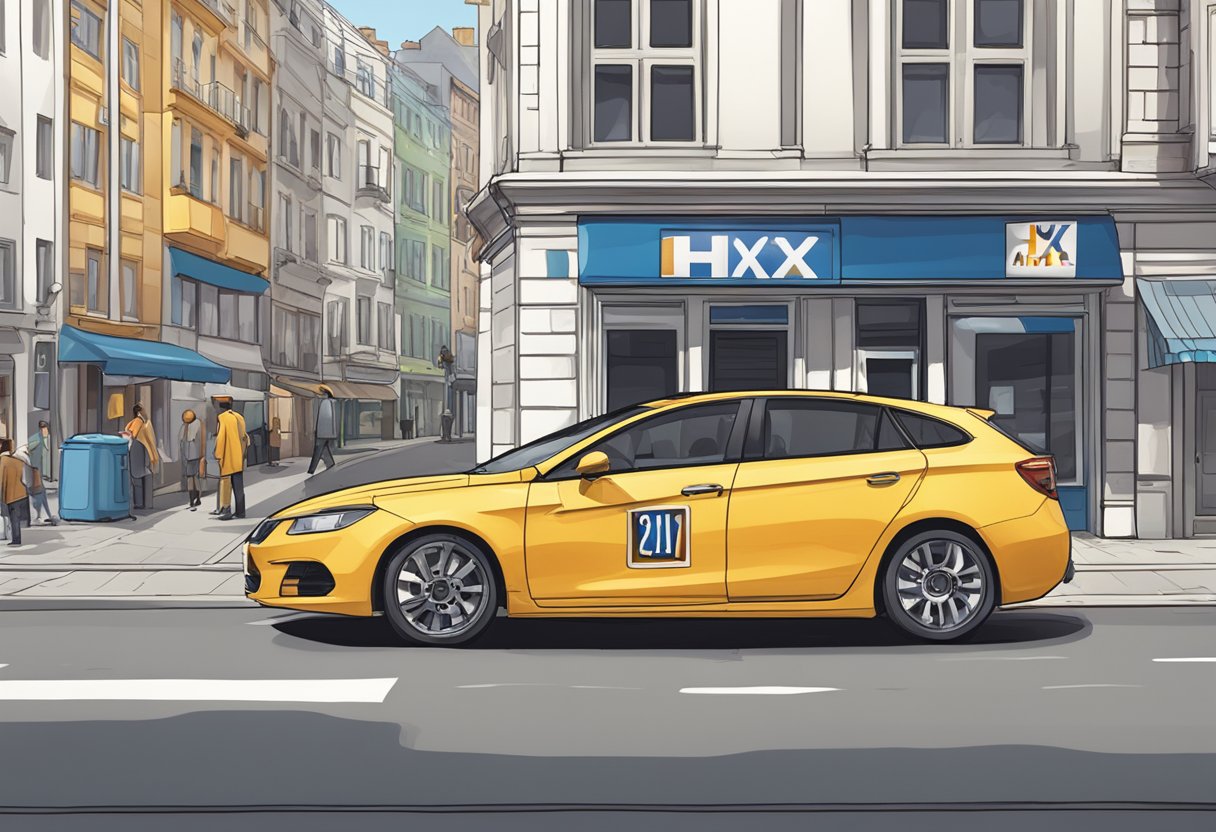Tesla in China: Navigating the Electric Landscape
As Tesla expands its global footprint, China has emerged as a critical market for the electric vehicle (EV) manufacturer. This article delves into the intricacies of Tesla's operations in China, addressing key questions about its market strategies, competition, regulatory challenges, and future prospects.

Tesla in China: Navigating the Electric Landscape
Since its inception in 2003, Tesla has been a pioneer in the electric vehicle (EV) sector, and as the world pivots toward eco-friendliness, China has become a crucial arena for Tesla's growth. This piece will explore various facets of Tesla's operations specifically in China, aiming to answer some pivotal questions surrounding the brand's presence in the country.
Why Did Tesla Choose to Build a Gigafactory in China?
Tesla established its Gigafactory in Shanghai in 2019, marking a significant investment in the Chinese market. The primary reasons behind this move include:
- Strategic Location: Shanghai is a major commercial hub and provides easy access to supply chains.
- Government Incentives: The Chinese government offers favorable conditions for foreign companies that invest in local manufacturing.
- Market Demand: China is the largest EV market globally, driven by strong governmental policies aiming to reduce pollution and enhance electric mobility.
How Is Tesla Performing in the Chinese Market?
Tesla has seen impressive sales numbers in China, becoming one of the top-selling EV brands. In recent years, China has accounted for a significant portion of Tesla's overall sales, often exceeding 30%. The company capitalizes on local manufacturing to minimize costs, which translates to reduced prices for Chinese consumers.
What Are the Challenges Tesla Faces in China?
Despite its success, Tesla faces several challenges while navigating the Chinese landscape:
- Intense Competition: Numerous local EV manufacturers, including Nio, Xpeng, and BYD, are making waves in the market, often offering competitive prices and advanced technologies.
- Regulatory Hurdles: The regulatory environment can be complex, with changing policies related to EV incentives and manufacturing standards.
- Supply Chain Issues: Like many global companies, Tesla has faced logistics challenges, especially during the COVID-19 pandemic, affecting production rates.
How Is Consumer Perception of Tesla in China?
Tesla enjoys a solid reputation among affluent Chinese consumers, being viewed as a premium brand synonymous with cutting-edge technology. The brand's focus on innovation, safety features, and performance resonates well with the tech-savvy demographic. Moreover, the company’s consistent updates through over-the-air software upgrades enhance customer satisfaction and loyalty.
What Role Do Government Policies Play in Tesla's Operations?
The Chinese government has a significant influence on Tesla's operations. The government’s policies favor EV adoption, providing subsidies for buyers and investing in charging infrastructure. Recent changes in policies have, however, affected the dynamics of the EV market, compelling Tesla to adapt its strategies accordingly. The company's moves to engage with local suppliers and develop better local partnerships are examples of how it is responding to the dynamic regulatory landscape.
How Has Tesla Adapted Its Production Strategy in China?
Tesla has optimized its production strategy to cater specifically to the Chinese market. By localizing its supply chain, the company not only reduces costs but also sidesteps potential tariffs. Furthermore, Tesla is increasing its investment in R&D to develop models tailored to the preferences of Chinese consumers, including considerations for, performance, size, and technology.
What Are Tesla's Future Plans in the Chinese Market?
Looking ahead, Tesla aims to expand its presence in China significantly. This includes:
- Local Model Production: The introduction of new models designed specifically for the Chinese market, such as a more affordable compact model.
- Charging Infrastructure: Continued investment in charging stations across major cities and highways to alleviate range anxiety among potential customers.
- Enhancing Service Centers: Expanding service centers to provide prompt after-sales support and maintenance services to ensure customer satisfaction.
How Is Tesla Addressing Environmental Concerns in China?
Tesla has made substantial efforts to address environmental concerns in China, leveraging its electric cars to reduce carbon emissions. The company has invested in sustainable energy solutions such as solar energy projects and energy storage solutions, aiming to integrate clean energy into urban settings. By marketing its vehicles as part of the solution to pollution in major cities, Tesla aligns itself with the environmental goals of the Chinese government.
Conclusion: The Future of Tesla in China
Tesla's journey in China is indicative of the complexities and opportunities in the EV market. By overcoming challenges related to competition, regulatory hurdles, and supply chain issues, Tesla continues to establish itself as a formidable player. As consumer preferences evolve, the company’s focus on innovation and local adaptation is likely to solidify its position in one of the most crucial markets for electric vehicles. As we look forward, Tesla’s ability to navigate these dynamics will determine its trajectory in China.
New posts

Understanding the Model X Refresh: What You Need to Know
Tesla

Everything You Need to Know About the Xiaomi Car: Specs, Features, and Market Impact
Xiaomi

Understanding Model Y Wait Times: What to Expect in 2023
Tesla

Exploring AI Day at Tesla: Innovations, Insights, and Future Prospects
Tesla

Cathie Wood Latest: Insights into Her Investment Strategy and Market Moves
Investment

Exploring the Geely Radar RD6: All You Need to Know
Automotive

Understanding the Zeekr X Price: What You Need to Know
Electric Vehicles

Understanding the Tesla Model Y Performance: A Comprehensive Guide
Tesla

Exploring the Ford VW MEB Platform: A Deep Dive
Volkswagen

Exploring the Spaciousness of the Model Y Trunk Space: Everything You Need to Know
Tesla
Popular posts

Everything You Need to Know About NIO Registrations: A Comprehensive Guide
Sustainability

BYD Seal: Unraveling the Future of Electric Mobility
Sustainability

Unveiling the Xiaomi SU7 EV Lei: What You Need to Know
Xiaomi

Exploring the Ford VW MEB Platform: A Deep Dive
Volkswagen

Everything You Need to Know About Tesla EV: Questions Answered
Tesla

Unlocking the Future: BYD Solid State Battery Technology Explained
Innovation

Understanding NIO Pricing: A Comprehensive Breakdown
Electric Vehicles

Tesla Market Share: Current Trends and Future Projections
Tesla

What You Need to Know About Tesla FSD 12: Features, Advancements, and User Experiences
Innovation

Cathie Wood Latest: Insights into Her Investment Strategy and Market Moves
Investment